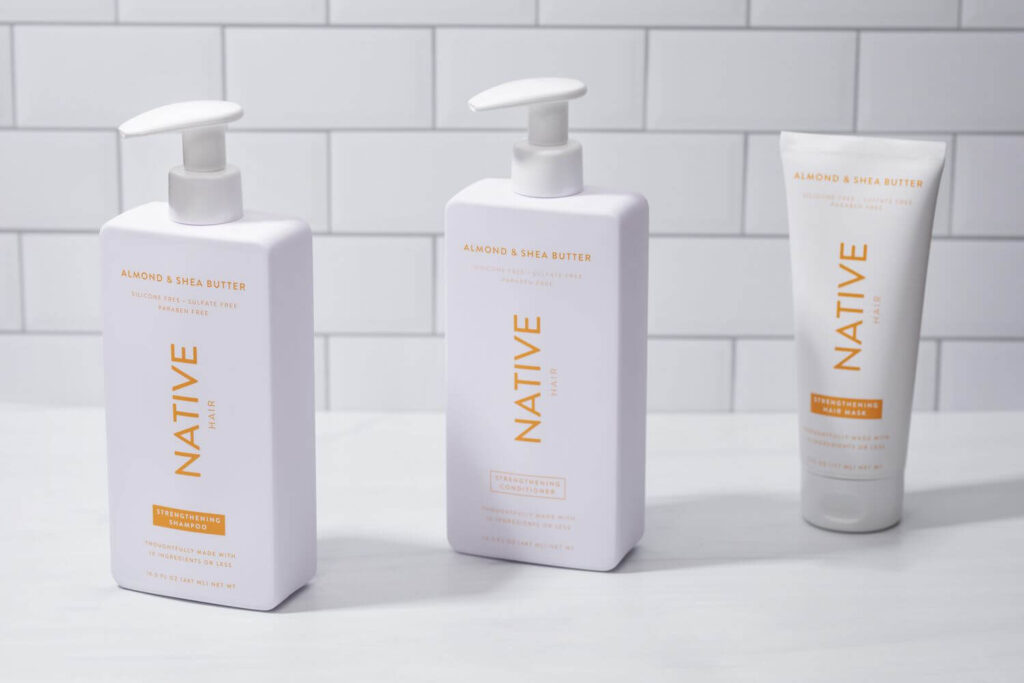Native Shampoo, a popular haircare brand, is currently facing legal trouble. The company is being sued in multiple lawsuits that claim its products contain harmful chemicals. This has shocked many loyal customers who believed Native’s claims of being “naturally derived” and “simple.”
Lawsuits Against Native Shampoo
Several lawsuits have been filed against Native Shampoo in recent months. The main allegation is that the brand’s shampoos contain toxic PFAS chemicals. PFAS stands for per- and polyfluoroalkyl substances. These man-made chemicals are used in many consumer goods.
However, PFAS have been linked to serious health problems. Studies suggest they may cause certain cancers, fertility issues, and organ damage. They are known as “forever chemicals” because they don’t break down and can build up in the body over time.
Most Popular Lawsuit Against Native Shampoo
The most high-profile lawsuit against Native is a class action filed in New York. It accuses the company of false advertising and putting customers at risk.
The suit says Native shampoos tested positive for PFAS despite being marketed as natural and non-toxic. Plaintiffs argue they never would have bought the products if they knew they contained these chemicals.
The class action seeks damages for all customers who purchased the shampoos, which could be many thousands of people. It also demands Native change its formulas and marketing.
Status of These Lawsuits
The lawsuits against Native Shampoo are still in the early stages. No rulings have been made yet on whether they can proceed as class actions.
If the suits are granted class action status, anyone who bought the shampoos could potentially join and seek compensation. The cases would likely take months or years to be resolved.
Some legal experts believe Native could be facing an uphill battle. PFAS chemicals have gotten a lot of negative media attention lately. And several states are moving to ban them in consumer products.
Official Statement About Lawsuit
So far, Native has not said much publicly about the lawsuits. The brand released a brief statement saying it stands behind the safety of its products.
However, the statement did not directly address the PFAS allegations. Native also hasn’t announced any plans to change its formulas or labeling.
This lack of transparency has frustrated many customers. They want to know more details about what’s in the products they’ve been using on their hair and skin.
Does Native Shampoo Contain Toxic PFAS Chemicals?
PFAS (per- and polyfluoroalkyl substances) are a group of man-made chemicals found in various consumer products, including some personal care items. These chemicals have raised concerns due to their potential negative health effects. Fortunately, Native Shampoo is free from such chemicals. The brand focuses on using naturally derived ingredients, and their products are formulated without sulfates, parabens, and dyes.
Does Native Shampoo Cause Hair Loss?
While some users have reported mixed results with Native Shampoo, there is no direct evidence linking the product to hair loss. Different people have unique hair types and sensitivities, so what works well for one person may not be suitable for another. If you experience any adverse effects, it’s essential to discontinue use and consult a healthcare professional.
Native Shampoo Overview
Native Shampoo is committed to using naturally derived ingredients in their products. They utilize coconut oil-derived cleansers, food-grade cleansing salts, and citric acid for pH balance. This approach ensures that their shampoos are gentle on the hair and scalp while still providing effective cleansing.
The Native Shampoo range caters to various hair care needs, offering moisturizing, volumizing, strengthening, curl care, and daily cleansing formulas. They also have a 2-in-1 shampoo and conditioner option for those seeking a convenient all-in-one solution.
It has received mixed reviews from users. Some individuals find the products gentle and effective, while others report issues such as dryness or oiliness. It’s worth noting that Native Shampoo seems to work well for people with sensitivities and allergies.
Conclusion
The Native Shampoo lawsuits have raised serious questions about a popular brand many people trusted. Customers deserve to know whether the products they use contain potentially harmful chemicals.
These legal battles may be a wake-up call for the beauty industry as a whole. Brands need to be upfront about their ingredients and make sure their “natural” claims are backed up by facts.
Hopefully Native will provide some clear answers soon. In the meantime, concerned customers may want to consider switching to shampoo brands that have been transparent about being PFAS-free.
The allegations against Native are a reminder to always read labels carefully. Don’t just rely on marketing buzzwords. Do your own research to find hair products you feel good about using.

